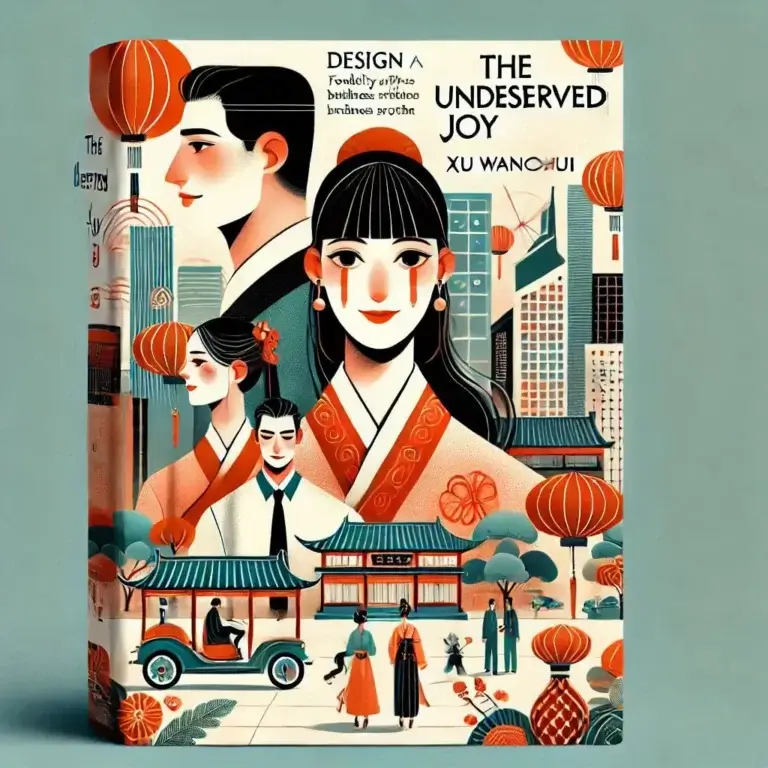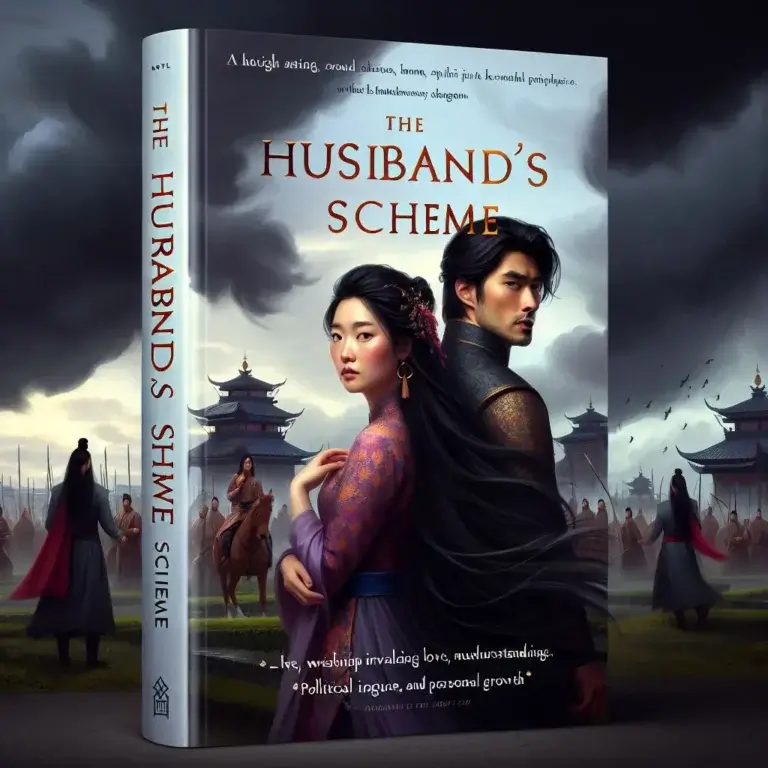Chapter Nine Meng Jingyuan made a witty comment, “What do you mean there’s none? Aren’t we a duo today?” Indeed, with one playing the straight man and the other being the comic, how could it not be considered a duo? Laughter mingled with “Yah” sounds arose: Since it’s a duo, the nature seems quite different, doesn’t it? Their impromptu setup truly brought the atmosphere to life. In the world of crosstalk, one cannot take their father as a teacher. Meng Jingyuan learned from his elders but the master he bowed to was a distinctive and sharp-tongued celebrity. His long-term collaboration with Zeng Wen has made the humor solid, yet now and then, he delivers lines that are truly exceptional. To use contemporary language, his style can be called: stable yet cheeky.
Qi Shejiang, grinning, said, “This is just temporary; I’ll have to return you to Teacher Zeng later.” As soon as those words left his mouth, the audience collectively shouted, “Yooooooo~~~~” Qi Shejiang: “???” He had heard cheers, “Yah”s, and heckling before, but what does this “yoooo” mean? Anyway, he enjoyed roasting Zhang Yue, and Qi Shejiang, satisfied, shifted back to the script, “Actually, we’re here today to celebrate the Mid-Autumn Festival. The customs of the festival include moon gazing and eating mooncakes. For those who are reunited, it’s ‘The moon is brightest in the Mid-Autumn.’ But for those who are far from home and separated from their loved ones, they can only wish, ‘May we all live long and share the beauty of the moon, even if we’re a thousand miles apart.’” Meng Jingyuan: “Right, blessings.” Qi Shejiang: “But it can be even more tragic, they can only say, ‘Among the flowers, with a jug of wine, I drink alone without company. I invite the bright moon to drink with my shadow, making it three of us.’” Meng Jingyuan looked puzzled, “Ah? Isn’t that the same as the previous one, family separation?” Qi Shejiang shook his head, “This is worse, ‘no company at all,’ not even anyone willing to keep him company.”
Meng Jingyuan: “I haven’t heard of that before! Is that what it means?”



